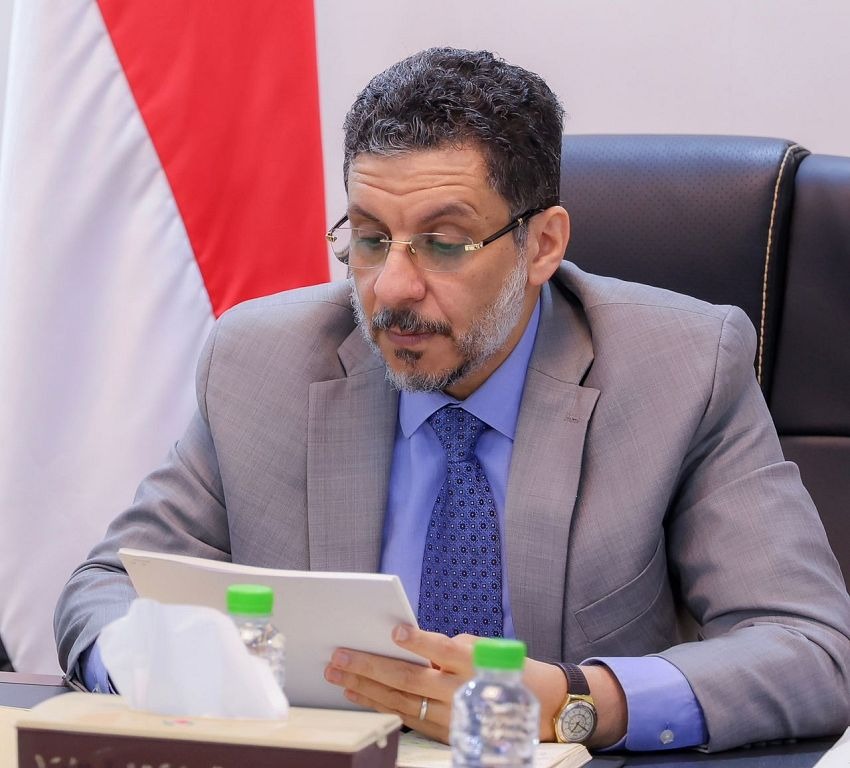


Barran Press
Aden, Yemen – On November 21, 2024, Ahmed Awad bin Mubarak, the internationally recognized Prime Minister of Yemen, referred new allegations of corruption involving the executive director of the Oil Investment Company to the Attorney General for investigation.
According to a report from the official Yemeni news agency Saba, a source in the Prime Minister's office revealed that bin Mubarak sent a letter outlining the violations committed by the executive director, including failure to protect public assets and acting unilaterally in negotiations concerning the transfer and operation of an oil sector.
The letter included a comprehensive file of the alleged infractions, leading to the decision for referral. The Prime Minister reaffirmed his commitment to safeguarding public funds and combating all forms of corruption, stating that this remains a top priority.
He emphasized that the judiciary is the ultimate authority in such matters, ensuring that no one is above accountability or the law.
Earlier, on November 12, 2024, local media reported the referral of two individuals to the Public Funds Court for allegedly harming the interests of the Aden Refinery and facilitating the misappropriation of public funds in favor of a Chinese company.
The charges in that case included facilitating the misappropriation of public funds for the construction of a new power plant for the refinery without actual need and obstructing work in accordance with a presidential decree.
Previously, bin Mubarak had acknowledged referring the Aden Refinery case to the Attorney General, directing continued efforts to activate oversight and accountability measures following reviews conducted by the Central Organization for Control and Auditing on 12 government institutions.
He instructed relevant ministries and institutions to respond to the findings in these reports and to refer serious violations to the public prosecution for accountability.
In February, bin Mubarak had presented a list of institutions requiring oversight to the Central Organization for Control and Auditing, emphasizing his commitment to implementing the organization’s recommendations based on audit results and highlighting the importance of transparency and accountability in the government's future direction.